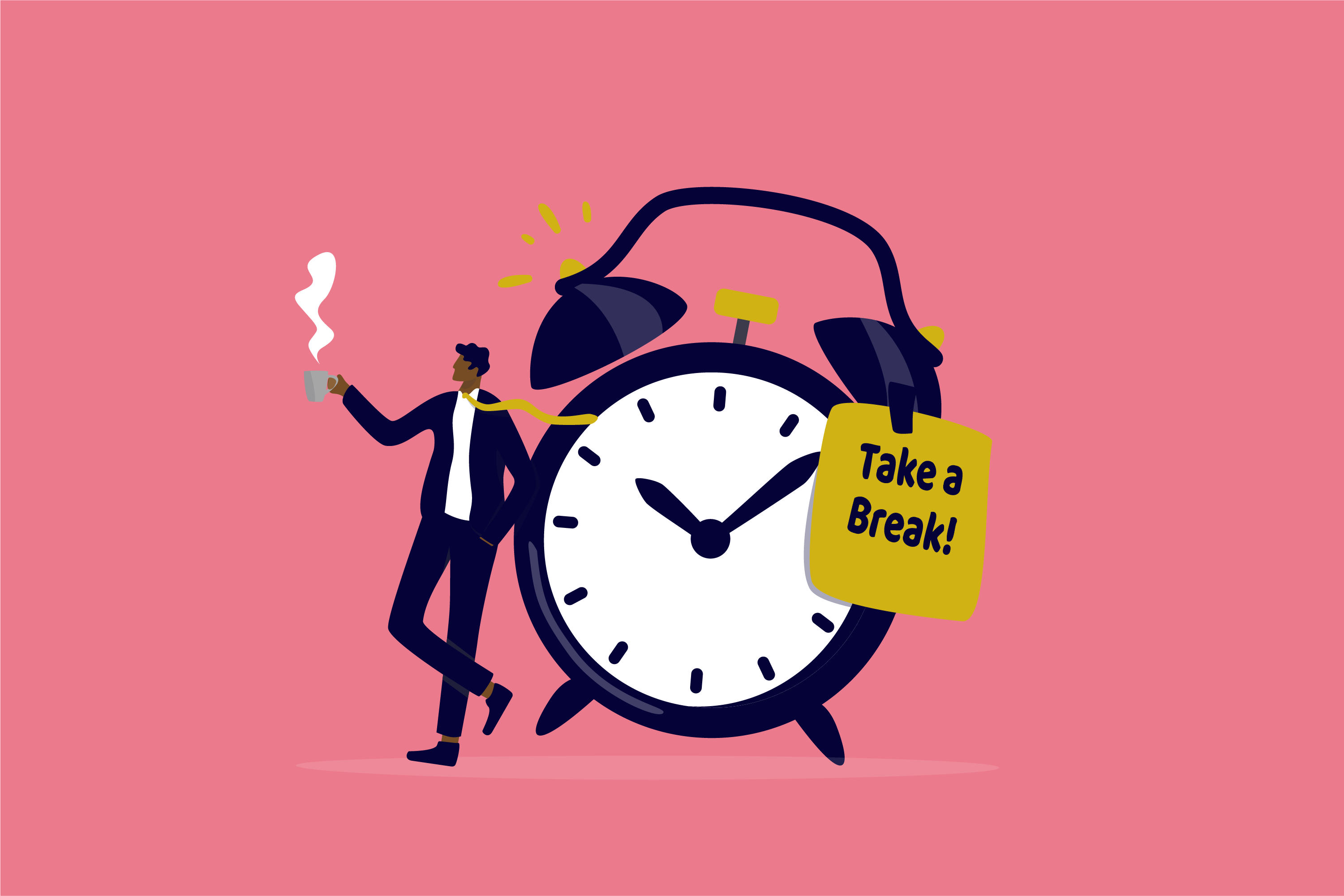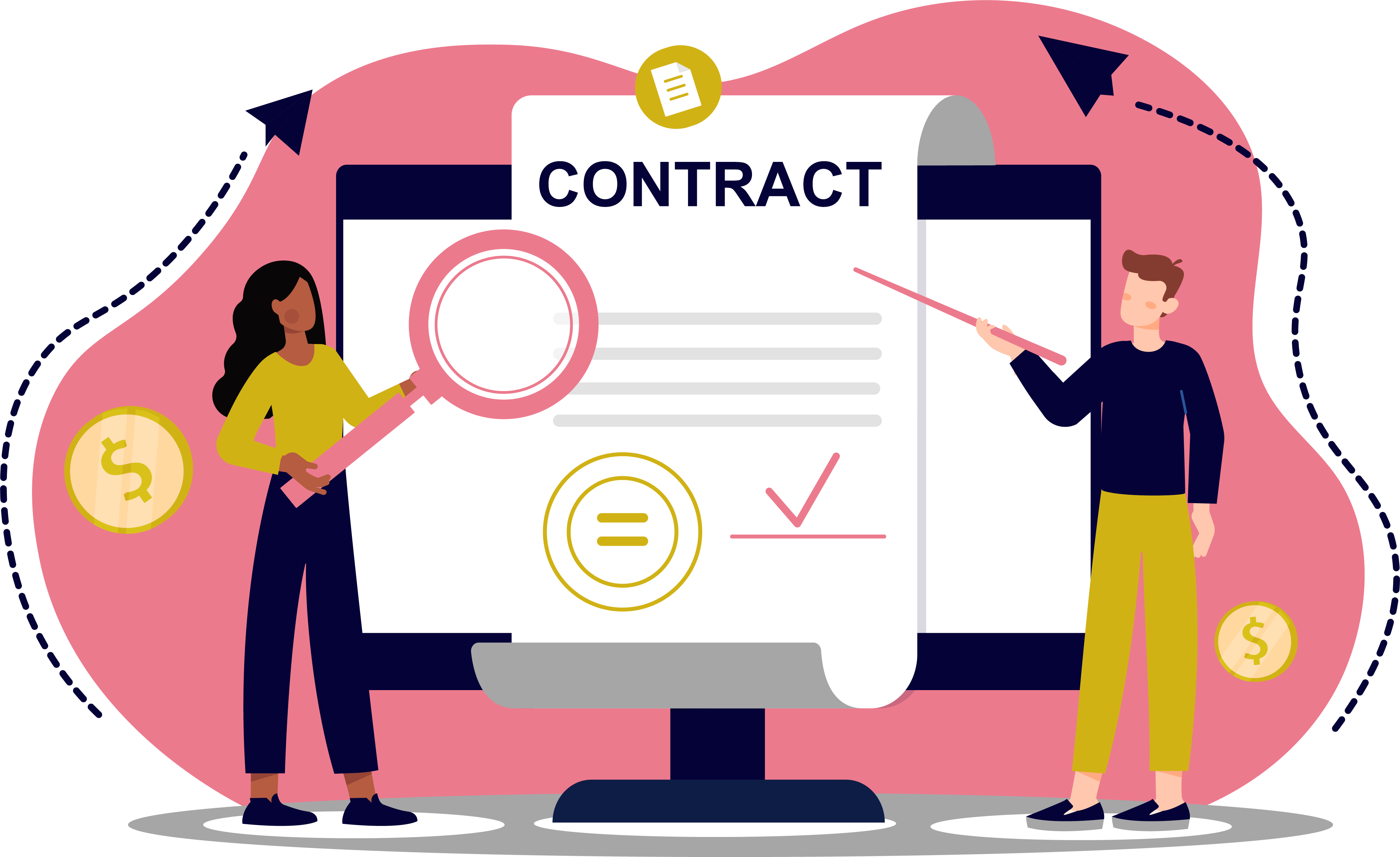Money talks – but salary and wages are not the only component of compensation that matters to employees in the Netherlands. In fact, in order to attract the best talent, you need to consider what your ideal employee really values in terms of compensation. Do they prefer more flexible working hours or time-off per year? Would your employees prefer to commute to work with a lease car rather than public transport? Perhaps your employee is tied to the performance of your company and would like equity included in their compensation package?
All in all, employers who are thoughtful with their compensation packages also tend to have some of the best employer brands and are reputable for their company culture.
Dutch Pension system brief introduction
In 2020, the Netherlands was ranked first and earned “best overall pension system” in Mercer’s 2020 Global Pension Index. The Global Pension Index ranks pension systems in regards to their (1) adequacy, (2) sustainability, and (3) integrity. The Netherlands achieved higher than average marks towards all three goals.
To achieve these high marks, the Dutch pension system combines a pay-as-you-go system and an individual investment system. “Pay-as-you-go” refers to the continual investment into the pension fund that workers pay for the benefit of the current pensioners. The Dutch state pension fund works this way exclusively. In an individual investment system, individuals contribute high and low-risk investments to supplement the continuous investments made while working.
In the Netherlands, there are three different pillars of pension investment: State Pension (also known as Old Age Pension, AOW), Collective Pension, and Individual Private Pension. This article will be focusing on the collective pension which is part of second pillar, including the definition, why you need to arrange it, how to set it up, and links to help you throughout the process.
Collective Pension
Supplementary to the state pension (which all workers in the Netherlands contribute towards throughout their residency in the Netherlands), the collective pension scheme is an optional benefit employers can offer their employees. However, some industry sectors may require employers to provide specific collective pension funds as well.
Collective Pension is a pension scheme that is agreed on between employers and employees, and handled by external pension funds and insurers. As an employer, there are various collective pension funds to choose from.
Because the state pension(AOW) is the most basic pension scheme, the maximum amount that the AOW will pay-out upon retirement is worth only 70% of the last salary earned. Most workers will not qualify to receive this maximum amount. For this reason, companies in the Netherlands provide collective pension as a supplement to this state pension. Over 90% of employers offer a collective pension scheme to their employees, and many workers in the Netherlands expect this additional fund.
Sector Pension fund
Companies in sectors such as construction or manufacturing must take part in a company pension fund or an industry-wide pension fund (Bedrijfstakpensioenfonds, Bpf). As an employer, you must accommodate your employees (including freelancers and self-employed staff) within the sector pension fund.
Certain occupational groups, such as notaries, workers in healthcare, pharmaceutical, maritime sectors etc., require specific pension funds. Therefore, if your business operates in one of these sectors, you must participate in occupational pension funds.
ABP pension fund is required for institutions in the educational and government sectors.
Non- compulsory pension
For businesses that do not fall under the criteria of the compulsory collective pension schemes, employers may voluntarily choose to join a collective pension fund. This is also known as a “general pension” fund. Besides providing pension to their employees, the company could choose to offer different benefits with the same value as pension to their employees. For example, if an employee is not interested in joining a company’s collective pension scheme because they are already investing in their spouses’ pension, the company may be better off offering a different benefit to this employee.
How to arrange your pension scheme
If you are an employer in the Netherlands, you should expect to receive requests and questions about pension. Many international companies find the process of setting up a pension plan for their employees rather complex. Therefore, we would like to bring some points to your attention in order to help you with the preparation stage of the project.
Point 1: Check your CAO (Collective labour agreement)(if applicable). CAO is a collective agreement that defines certain conditions of employment. It is possible that for your business sector, there is a mandatory agreement in place. The document will state if you need to provide a particular type of pension, as we have listed before. If you are not in the Netherlands yet and want to learn about it, you could also check it here (in Dutch).
Point 2: Understand the demographic of your employees. To make the most informed decision about which collective pension is right for your business, you need to understand the demographic of your employees. The age, gender, lifestyle, and even nationality of your employees could indicate their mindset around retirement. For example, married employees with families may value a pension plan that gives them the option to add their spouse or children to their plan. Likewise, workers with a non-European nationality often struggle taking their pension back to their home country. If your business employs expats, you may need to consider a more flexible pension plan than what is generally available.
Point 3: Pension could be used as a tool to attract and retain talent. Employers should always be thinking about how to engage their employees and stay competitive in the job market. Check up on the branch market of sector pension, and see what competitors are offering their employees. If you have a higher standard of employee compensation, you’ll likely improve your ability to attract quality talent and retain your employees.
Point 4: Find a pension fund that fits your business’ needs
In the Netherlands, pension funds are held by external institutions and insurers. All pension funds are non-profit and reporting to the Dutch Central Bank ( De Nederlandsche Bank, DNB). You can find a list of registered pension funds by clicking here.
When selecting a pension fund, here are a few things to keep in mind:
- Quality of customer service – Will they be able to answer questions from your HR team and employees?
- Knowledge of investment transference – In the event an employees leaves your business, does your pension manager understand what to do in order to facilitate the transference of pension? Or to pay-it out?
- Administrative options – Is your pension manager also going to handle the necessary administration for your company? Will your current payroll operations be sufficient? Do you need to consider selecting a pension intermediary?
After designing your pension scheme with the selected providers, you should be ready to implement your pension plan for employees. The last thing you need is a reliable payroll set-up to withhold part of the contribution from the employees’ wages, pay employer contributions to the pension fund and the Dutch Tax office (Belastingdienst). The process is complete, and you are all set!
Helpful websites
Pension regulation: Business.gov.nl
Pension supervisory bodies: De Nederlandsche Bank ; Authority Financial Markets
Public pension registers: De Nederlandsche Bank
Tax and Customs Administration: Belastingdienst.nl
Pension Law: Overheid.nl
Check your pension: Mijnpensioenoverzicht.nl
How can Octagon help me choose my pension scheme?
Octagon Professional as a experienced HR solution provider, and we can help you with employee benefits set-up by providing you with in-depth insights of global employee benefits solutions. Get in touch with our HR consultants, let them assist you to attract your future employees.
After reading this article, you should be able to start your research in finding the best pension plan for your employees. Since a pension plan is one of the most basic benefits in employment, you might also want to gain more insights regarding other employee benefits to complete your compensation package. Stay tuned! We will share our knowledge regarding expats’ relocation and accommodation benefits in the next article.

Retention as talent acquisition strategy – an Employer’s Guide
12-10-23
Prevention is better than cure, and preserving is better than hiring. It is much more attractive for a company to retain an employee who already knows the organization, is satisfied, and knows that there are career opportunities than to look ...

Embracing diversity: mitigating BIAS at work
03-10-23
Our Participation on BIAS project, hosted by Leiden University – Proudly funded by EU. In today’s rapidly evolving business landscape, companies are continually seeking innovative ways to gain a competitive edge. One of the most profound strategies for achieving this ...

What makes the Netherlands an attractive destination for expats
07-09-23
If you are looking for reasons to decide to move to the Netherlands, you are in the right place. Whether you want to start a business, study, or go in search of a new professional direction, the country of windmills ...

The importance of dog-friendly workspaces
25-08-23
Embracing the Canine Charm at the Office. The Importance of Dog-Friendly Workspaces 🏢🐶 In a world that’s constantly evolving, the concept of a dog-friendly office isn’t just a cute perk – it’s a strategic move that speaks volumes about a ...

What permit do non-EU professionals need to work in the Netherlands?
18-08-23
Are you looking to move and work in the Netherlands? We understand, there are a multitude of reasons that drive international professionals to come here to find work. The multicultural society, the high level and density of English proficiency, the ...

Paid vs unpaid leave in the Netherlands
15-08-23
While working in the Netherlands, you may encounter three different types of leave: statutory leave, special leave, and unpaid leave. Whether you’re an employer or an employee, it’s important to understand the type of leave you’re dealing with and the rules and considerations that ...

Temporary & permanent contracts in the Netherlands
10-08-23
In the Netherlands, there are a variety of contracts to suit the needs of each business. The most common hiring procedure consists in offering a temporary or permanent contract depending on what the company requires. Below you will find a ...

Checklist: 30% ruling
07-08-23
The 30% ruling facility is applicable to international professionals who move from abroad to the Netherlands. It grants a tax-free cost reimbursement of 30% of their gross salary for the maximum of the first five years of working in the ...
